This podcast episode by our host Krystal Elkidsen features Dr. Dwayne McBride, a sociologist and epidemiologist working at Andrews University. They both discuss the myth that alcohol is harmless in moderation. Dr. McBride provides a comprehensive overview of alcohol’s history, its societal impact, and the latest scientific findings on its health effects. He emphasizes that recent research, including meta-analyses by the World Health Organization, indicates there is no safe level of alcohol consumption.
Dr. McBride delves into the integration of alcohol into society, its role in diverse cultures, and the attempts to regulate it, encompassing the Prohibition era in the United States. He highlights the negative health impacts of alcohol, even in moderate amounts, including increased risks of various cancers, aneurysms, and strokes. Dr. McBride also addresses the misconception of alcohol’s benefits for heart health, explaining that while it may have some positive effects on heart attacks, it increases risks for other serious health issues.
The conversation touches on the particular risks for certain groups, such as Native Americans and Asians, who may have less genetic tolerance for alcohol. Dr. McBride emphasizes the importance of public health efforts in regulating alcohol consumption and educating the public about its risks. He notes positive trends in reduced alcohol consumption among younger generations and suggests alternatives to alcohol for relaxation and social interaction.
The discussion concludes with advice for those considering stopping their alcohol consumption and the potential future trends in AI applications for conference proceedings.
Apart from being a senior research professor at Andrews University and director of the Institute for Prevention of Addictions, Dr. Duane McBride also serves as the lead editor on the book “Alcohol: All Risk, No Benefits.”
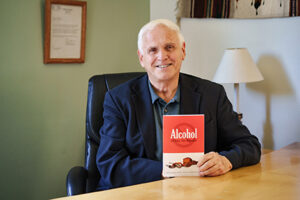
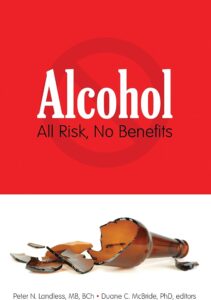
Photo by Ramiro Quero

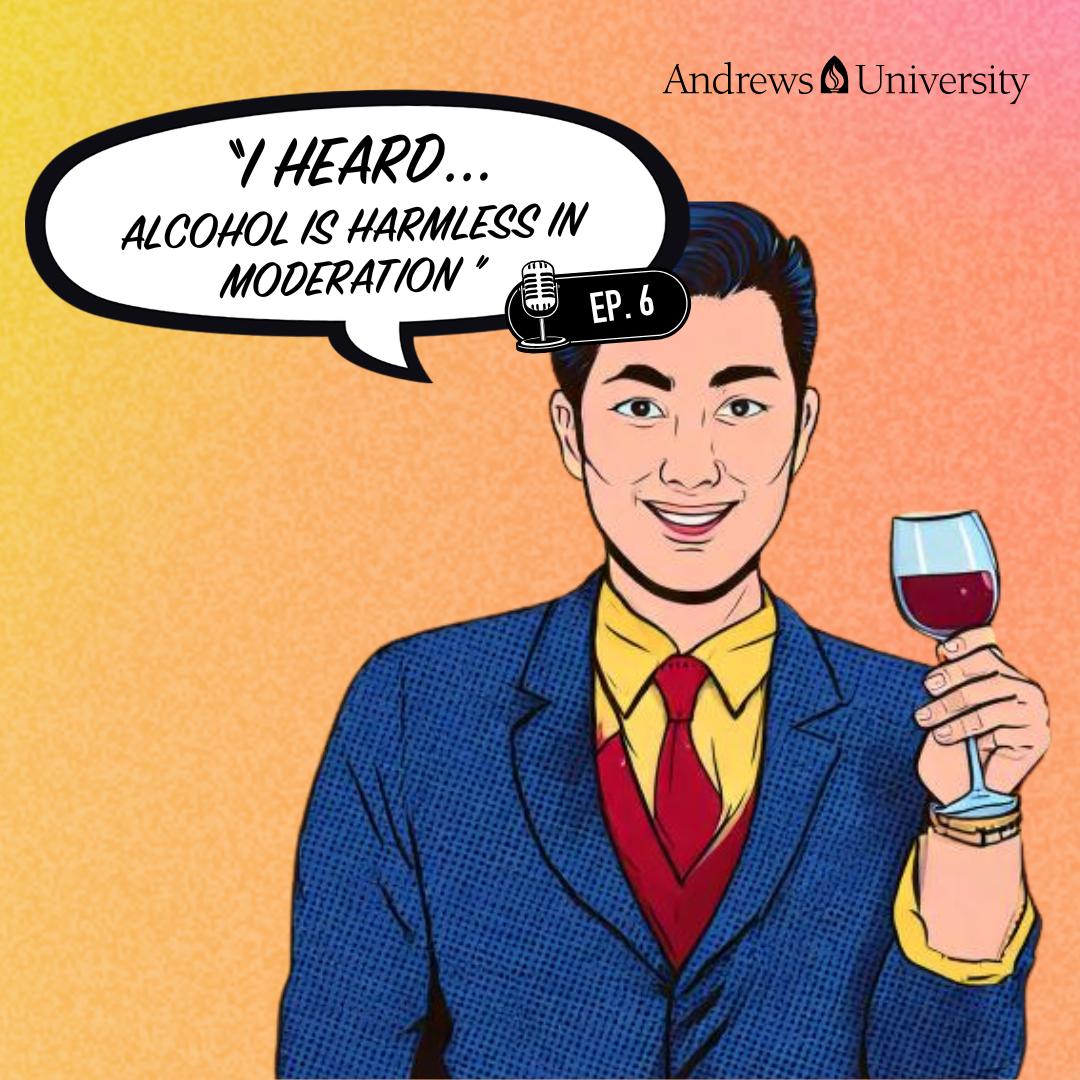
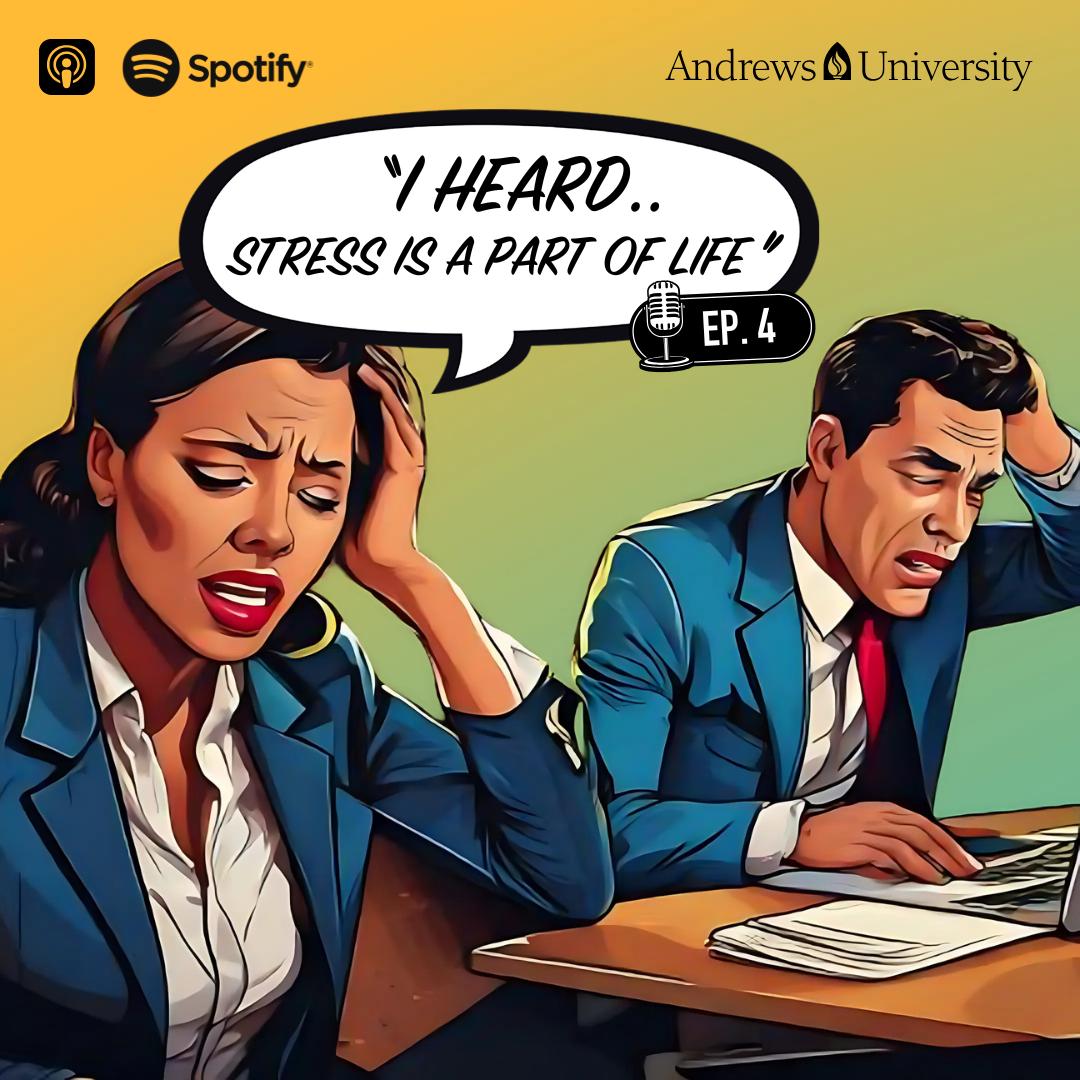
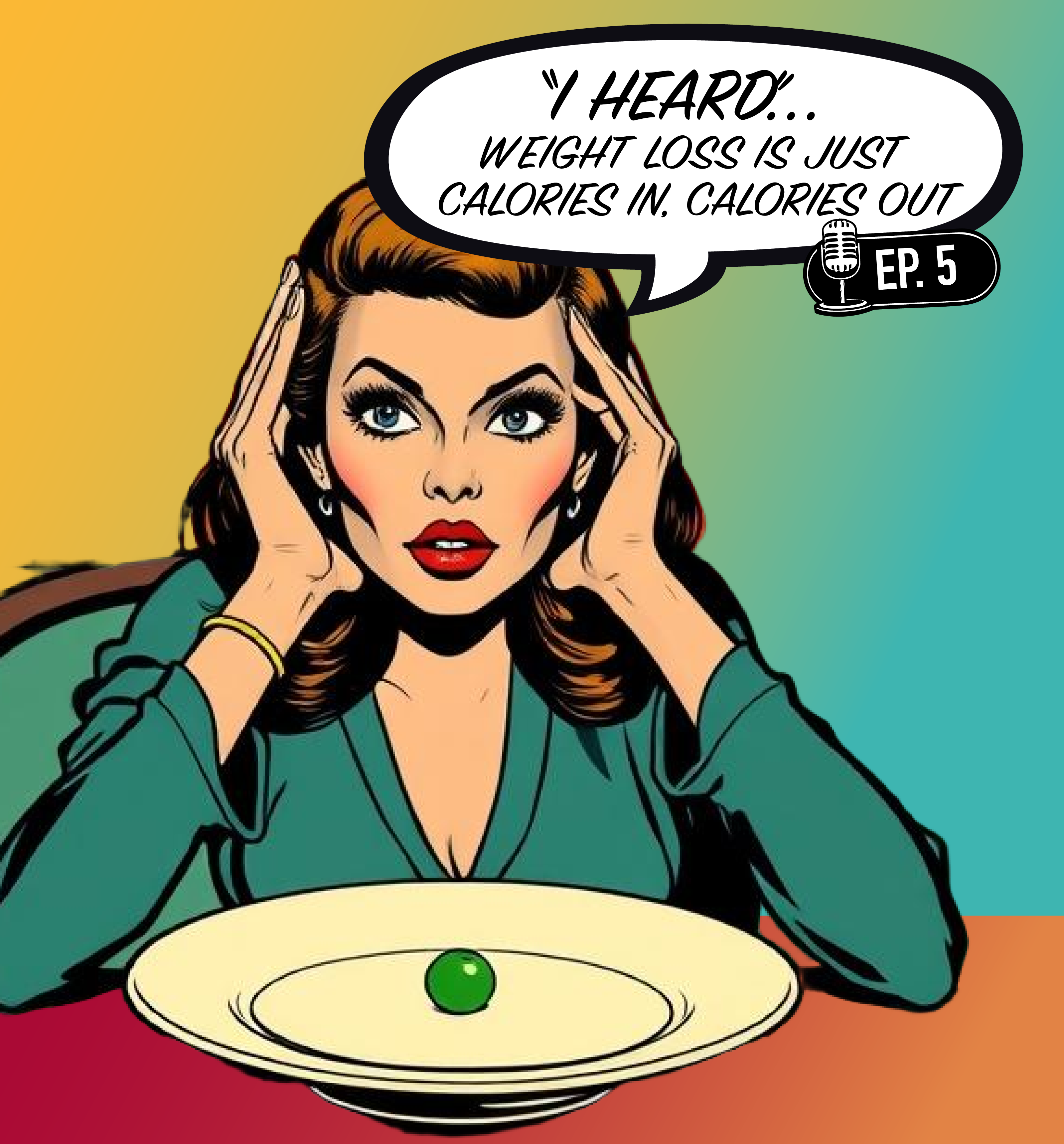
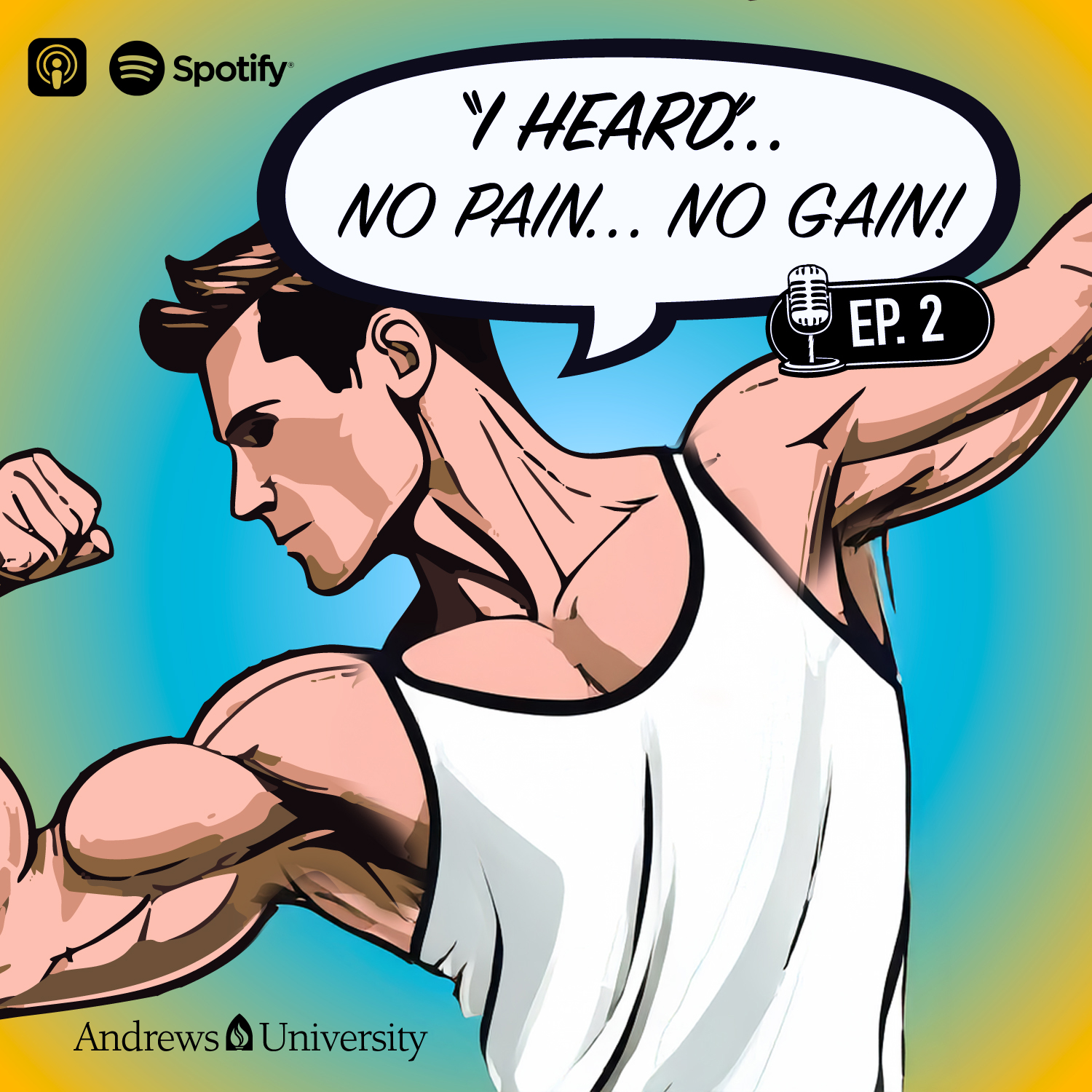

Leave a Reply